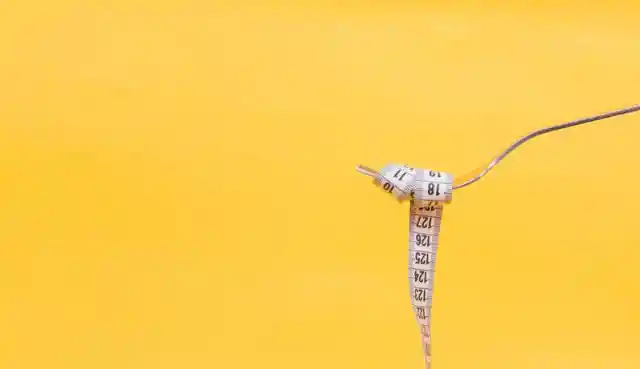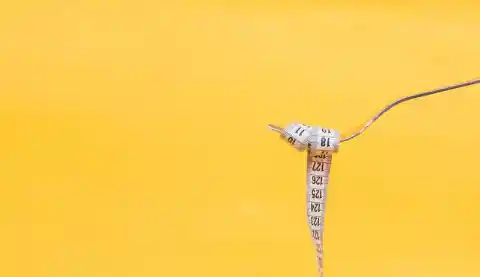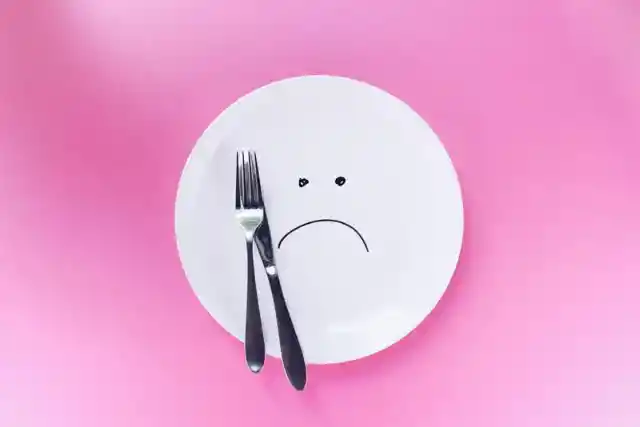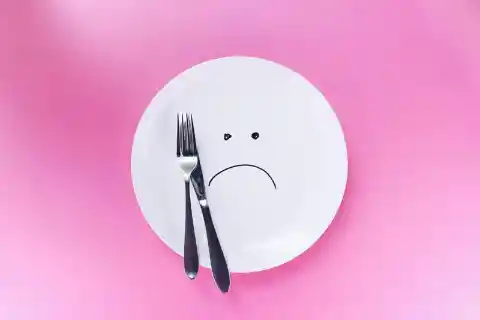Today, the lifestyle choices that we make when it comes to food tend to come back to haunt us later on down the line. Whether we eat too much or too little, it stands to reason that one day we will be forced to pay for our gluttony or inaction. Extreme dieting is an example of the latter – eating such a minimal amount of food that it becomes somewhat dangerous.


For many of us who see results with dieting, it can become almost addictive. What, though, can we learn from our history of extreme dieting?
Do not let the guilt consume you
For many of us, the guilt of putting on weight or not looking after ourselves can lead us to some pretty extreme dietary choices. More often than not, though, this means that we end up taking on intensive diets with unsustainable calorie counts. You need the energy to live, work, and function properly. If you start giving your body so little food you can end up in a dangerous place for your long-term physical health. Do not let the guilt of putting on weight push you to a dangerous place.


Improve your relationship with food, do not break it
Dieting often means that we start to take a negative opinion of foods we have enjoyed all of our lives. That can be good when you are talking about foods that you eat that are terrible for you; when you start treating more or less every dish this way, though, you form a negative relationship with food. This can lead to eating disorders where you eat nowhere near enough to stay healthy.
Do not let your diet make you hate food – learn to control it, not despise it.
Moderate your eating, do not stop entirely
Some extreme diets would have you eating what amounts to a tiny plate worth of food in a single day. This is not sustainable. Diets should be used to moderate eating, not removed from the table entirely. Therefore, you should focus as much as you can on moderating your eating habits as opposed to relying upon diets to stop you from eating entirely. Eating so little means you will enter into a nutritional deficit, which is as bad for you – if not worse – than gaining weight in the first place.